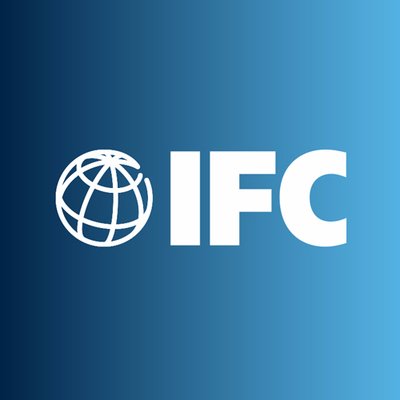The International Finance Corporation (IFC) of the World Bank has revealed that firms in Africa are slow to digitalise beyond mobile and digital payments.
Again, almost two-thirds of firms that adopted advanced digital payment systems in the region have not yet adopted a second advanced digital technology to perform business functions.
On the topic “Digital Opportunities in African Business, it said widespread adoption of digital payments does not translate into its intensive use as the most frequent payment method, therefore, only 7.0% of firms that have adopted digital payment methods report using them intensively.
It added that mobile phones and digital payments are important entry points to digitalisation, but they do not necessarily lead to digitalisation of other business functions performed by firms.
“As many as 86% of firms use mobile phones for business operations, and 61% have adopted advanced digital technologies for payment. These are by far the most common uses of digital technology by African firms. However, these firms are slow to digitalise beyond mobile and digital payments. Almost two-thirds of firms that adopted advanced digital payment systems in the region have not yet adopted a second advanced digital technology to perform business functions”, it pointed out.
57% of firms in Ghana, Kenya, adopt computers, internet
Meanwhile, 57% of firms in Ghana, Kenya and Senegal have adopted computers and internet compared to 44% of such firms in low-income countries including Burkina Faso, Ethiopia, and Malawi.
These firms had five or more workers.
The IFC said large and medium-size firms tend to make fuller use of digitalisation and are more prevalent, relative to the working-age population, in the first group of countries.
As such, firms in low-income countries are less likely to have access to digital enablers and to productively use digital technologies, but cross-country differences in business digitalisation are driven mostly by the composition of firms, with a high prevalence of micro- and informal businesses in low-income countries.
It added that cross-country differences also mask regional variations. For example, lower-income subnational regions in middle-income countries still face sizable gaps in the uptake of digital enablers. Gaps in intensive use are especially relevant for middle income countries in regions with better digital infrastructure.
Latest Stories
-
I haven’t authored any party financial report that has been rejected – Ex Ketu South MCE
2 minutes -
Legacy Girls College celebrates 10 years of growth, excellence and empowerment
4 hours -
Afro Harmony calls for improved royalty systems for musical bands
4 hours -
Ghana, Nigeria, Chad, Rwanda among top polluted countries in the world – Report
4 hours -
Ghana’s air quality deteriorates again for the 3rd consecutive year – 2024 World Air Quality report
5 hours -
Take advantage of the National Apprenticeship Programme – NYA CEO urges youth
6 hours -
New leadership of National Film Authority engages industry stakeholders
6 hours -
NYA CEO Osman Ayariga reaffirms commitment to youth development at IYES 2025
6 hours -
From Stubborn Child to Family Hero – Why Your Words Can Make or Break Your Child’s Future
7 hours -
NIB reportedly detains Rev. Kusi Boateng
7 hours -
The change of Dampare and the open jubilation: was he an ‘Evil IGP’?
7 hours -
Kow Essuman reflects on transformative leadership experience at Harvard Kennedy School
7 hours -
World Press Freedom Day to honour distinguished individuals, organisations – GJA
7 hours -
E/R Minister calls for investigation into drowning of two siblings
7 hours -
BeTechConnected hosts media soiree ahead of Future of Work 2.0 event
7 hours

